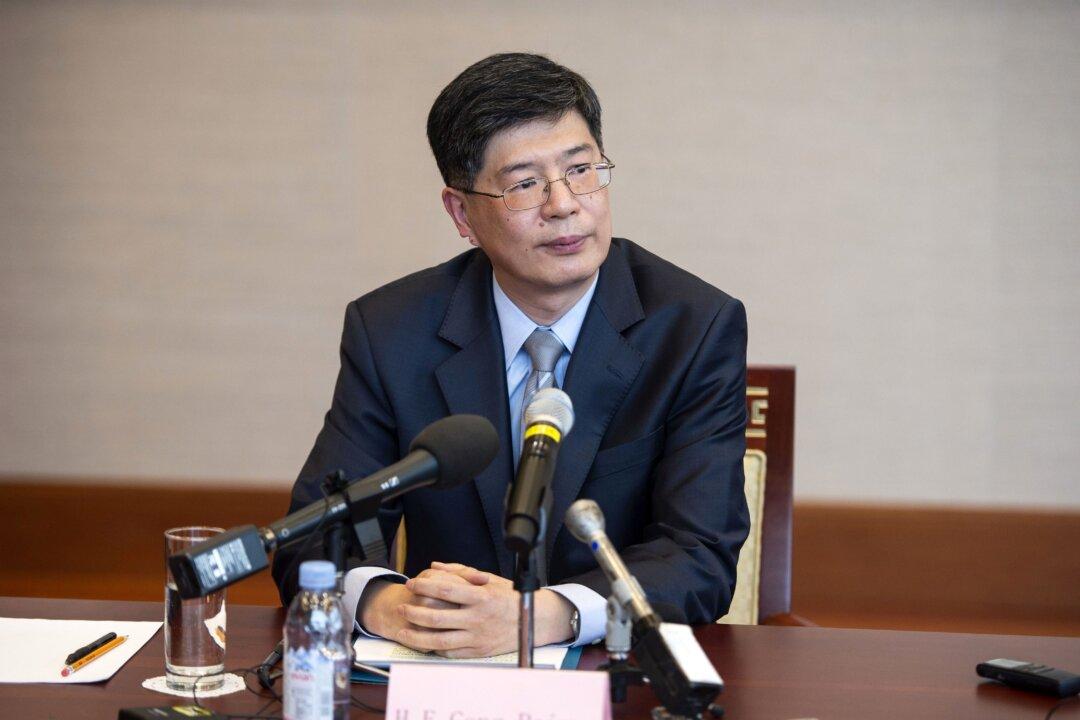The Chinese ambassador to Canada and the mayor of Victoria, B.C., recently met to discuss how to deepen relationships between China and the B.C. capital through platforms such as “friendship cities.” The move came as a number of governments around the world are severing such subnational ties with the communist regime, which are also called twin, sister, or partnership cities.
Cong Peiwu met with Mayor Marianne Alto in Victoria on June 27, where the two “exchanged in-depth views on the development of friendly relations between China and Victoria,” according to a June 30 Chinese-language press release from the embassy of the People’s Republic of China (PRC).





